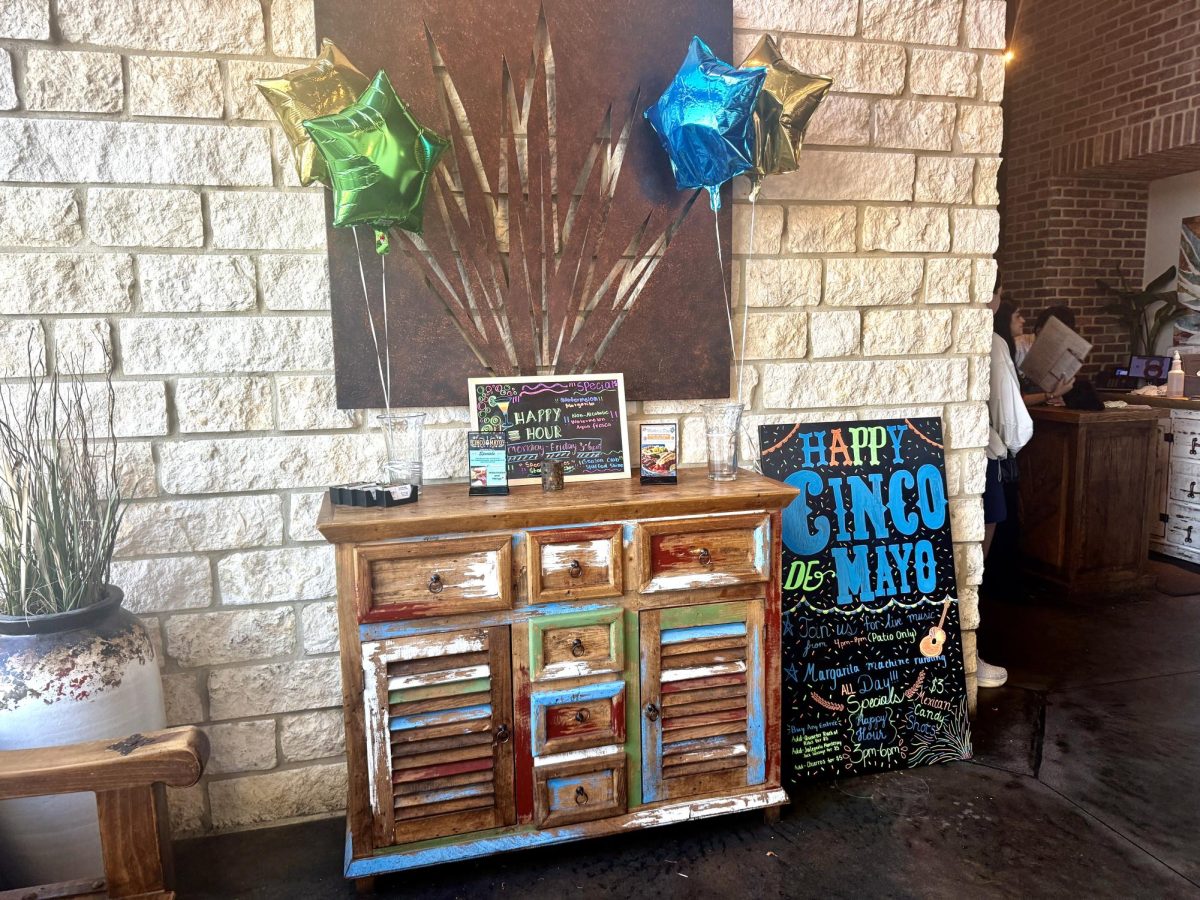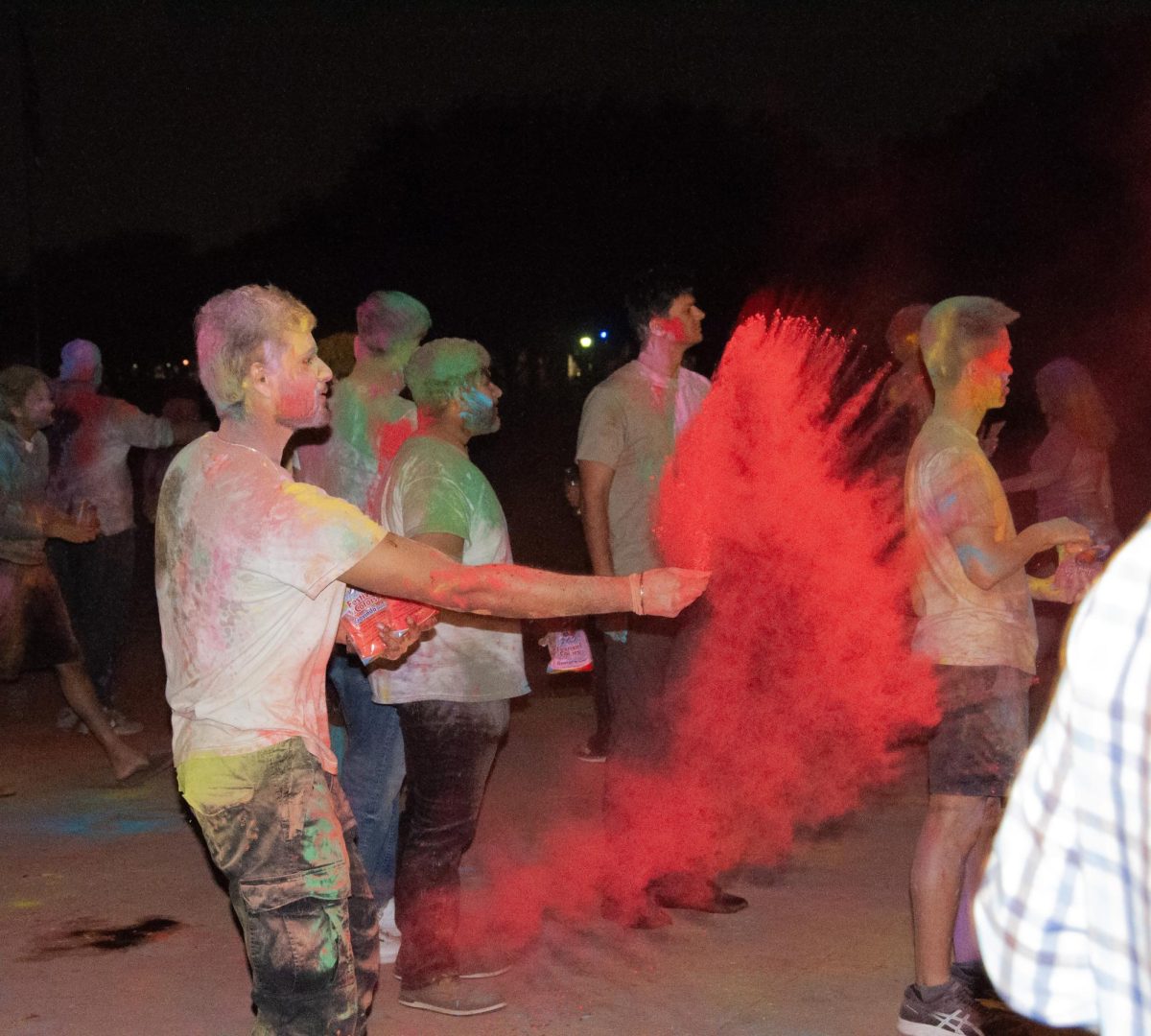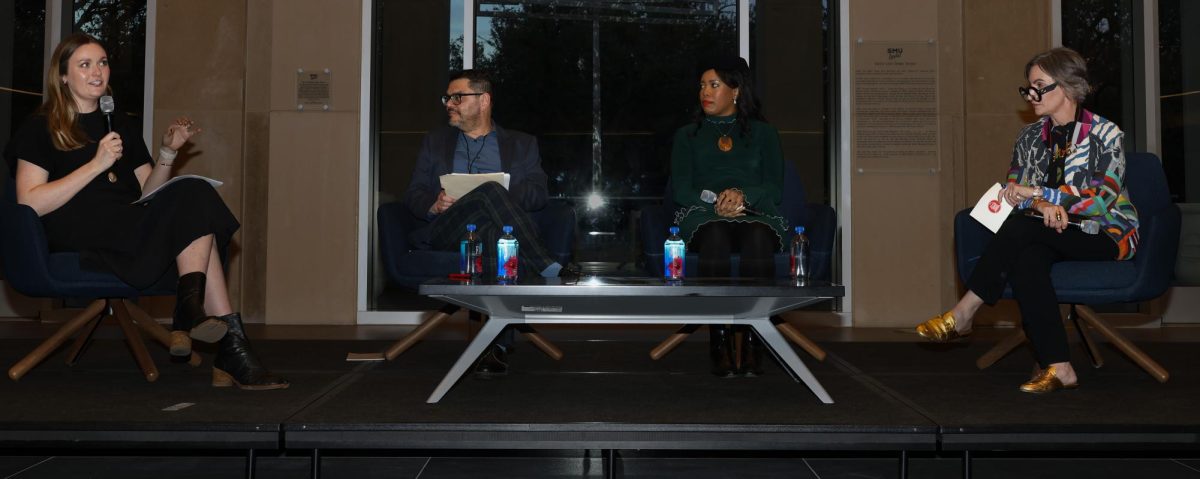Black Power Naps is a sculptural installation and curatorial initiative that reclaims laziness and idleness as power.
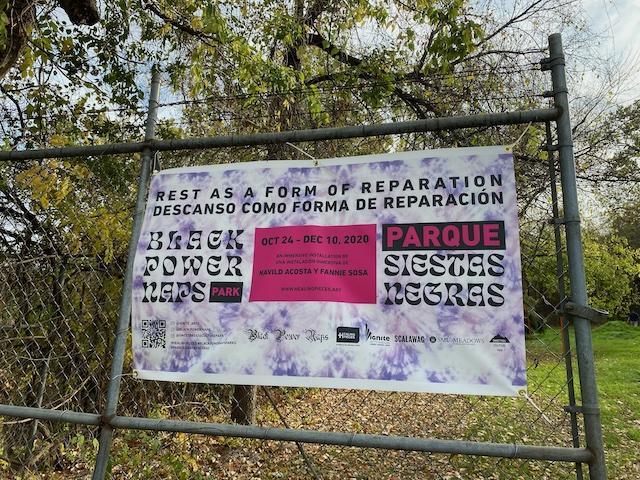
This is the first outdoor exhibition for Black Power Naps and the installation features hammocks and mounds of grass that welcome multiple resting bodies amid a serene soundscape of wind chimes and a soothing playlist.
Sofia Bastidas Vivar, SMU Pollock Gallery Director, played a major role in the installation of Black Power Naps. The Pollock Gallery is meant to provide students, faculty, staff, and the general public with opportunities to experience a well-considered and wide array of works of art from different artists, time periods, and cultures.
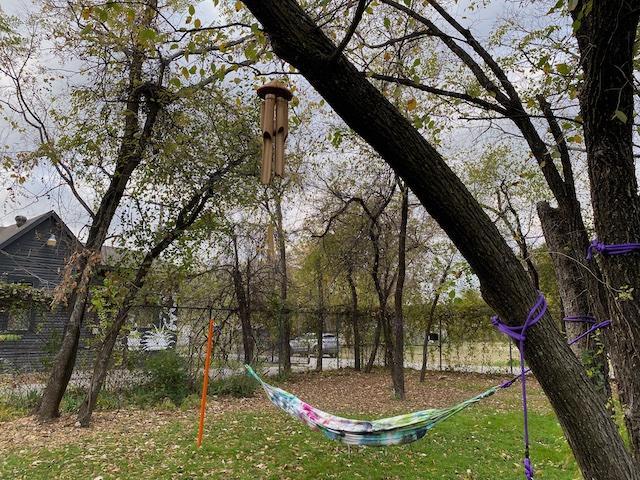
“Art functions as a space where we can think of different configurations of how we continue to build our city,” Vivar said. “I encourage people to visit the space and embrace rest, laziness, and healing as political actions that speak to our fast-paced consumerist society.”
It is led by the Ignite Arts Dallas initiative whose mission is to challenge the imaginations of students and citizens to move towards creating more just and vibrant communities. Their vision is to thrive at the connection of creativity and the engagement of communities by nurturing unique art experiences.
Black Power Naps was installed at Sweet Pass Sculpture Park which is an artist-run, DIY exhibition space located on a one-acre lot in West Dallas. This initiative is specifically interested in how architecture, green space, urban planning, and community development can lead to the transformation of the city.
Everton Melo, SMU Pollock Gallery Assistant Curator, has been in charge of helping set up the hammocks and provide more information to those who visit.
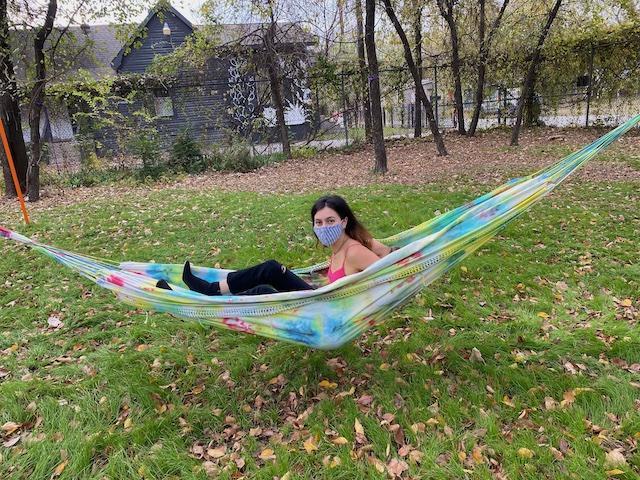
“Black Power Naps is an opportunity for us, a society to heal and to be a healer to each other and mother nature, in times of social unrest, political division, and lack of empathy for each other,” Melo said.
This exhibition seeks to illustrate how Dallas and its communities can enter conversations that encourage understanding and stimulate meaningful change across race, culture, geography, criminal and environmental justice reform, and urbanism. It will run through Dec. 10, 2020, by appointment only to help practice social distancing.









